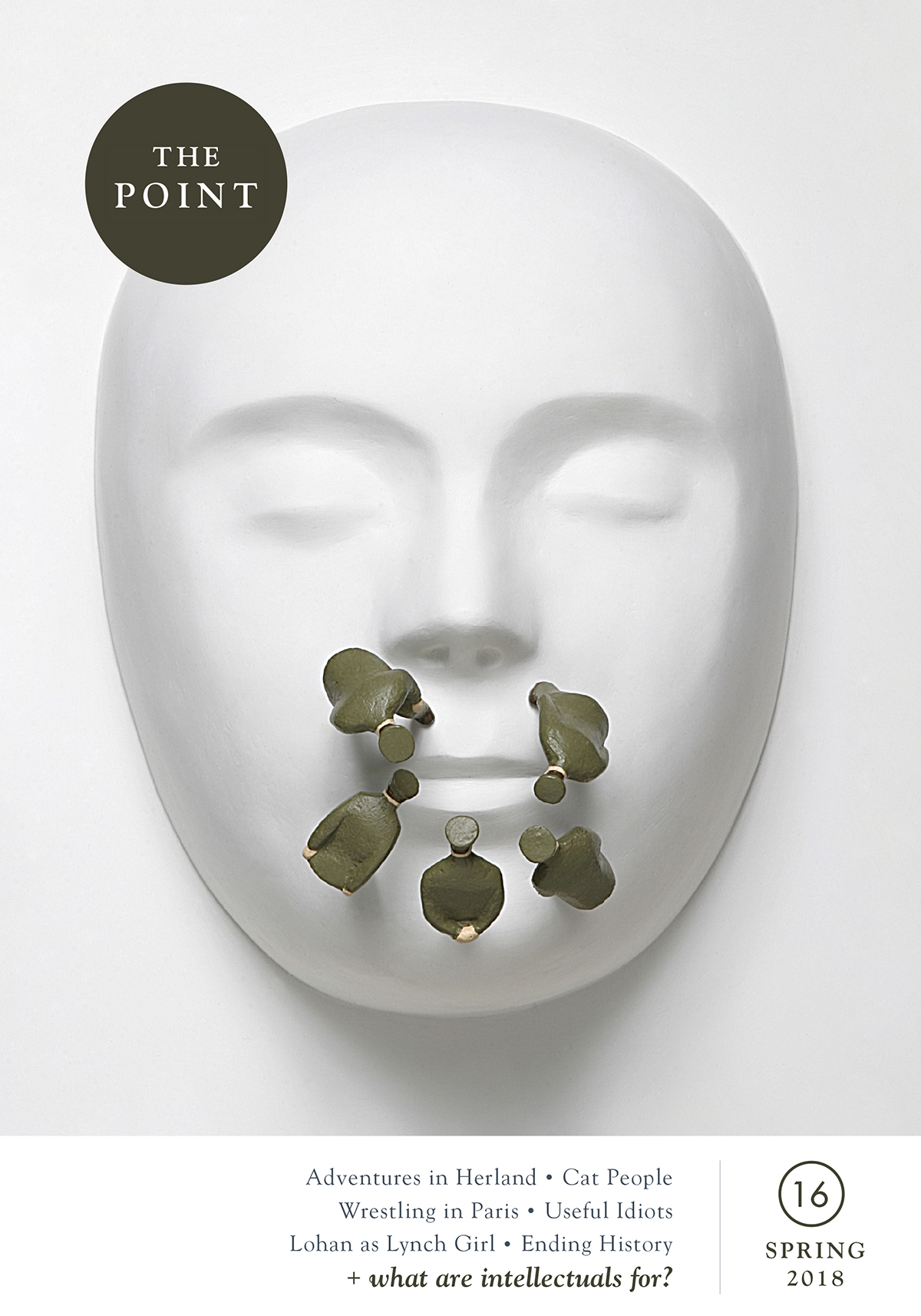The Point 16: What are intellectuals for?
by
multiple authors
(editors)
The Point 16: What are intellectuals for?
by
multiple authors
(editors)
For over a century, the United States has wielded extraordinary economic and military power. That power has shaped the world, and us. Abroad, it has often been used in ways that reveal our most undemocratic, exploitative, racist tendencies. But that we have betrayed our principles and hoarded our liberties does not make them empty—they are still worth claiming. Just as there are elements of our national culture worth admiring and cherishing.
But why is it so hard for us to admit that as human beings and moral agents, Americans are just like everyone else? Our lives and desires do not rank higher or lower; our motives and methods are not unique. The insistence on American exceptionalism as a personal birthright is not so much childish as adolescent: the desire to be declared inherently special, regardless of one’s actions, and the nagging fear that one is not.
Perhaps the way for Americans to truly enter the world, as equals and adults, is not to take our power for granted or to renounce it, but to treat it, while we have it, as the historical contingency and the responsibility it is.
At one point, Sarat is asked whether she would take the chance to escape to safety. She declines. “Somewhere in her mind,” writes Akkad, “an idea had begun to fester—perhaps the longing for safety was itself another kind of violence—a violence of cowardice, silence and submission. What was safety, anyway, but the sound of a bomb falling on someone else’s home?”

